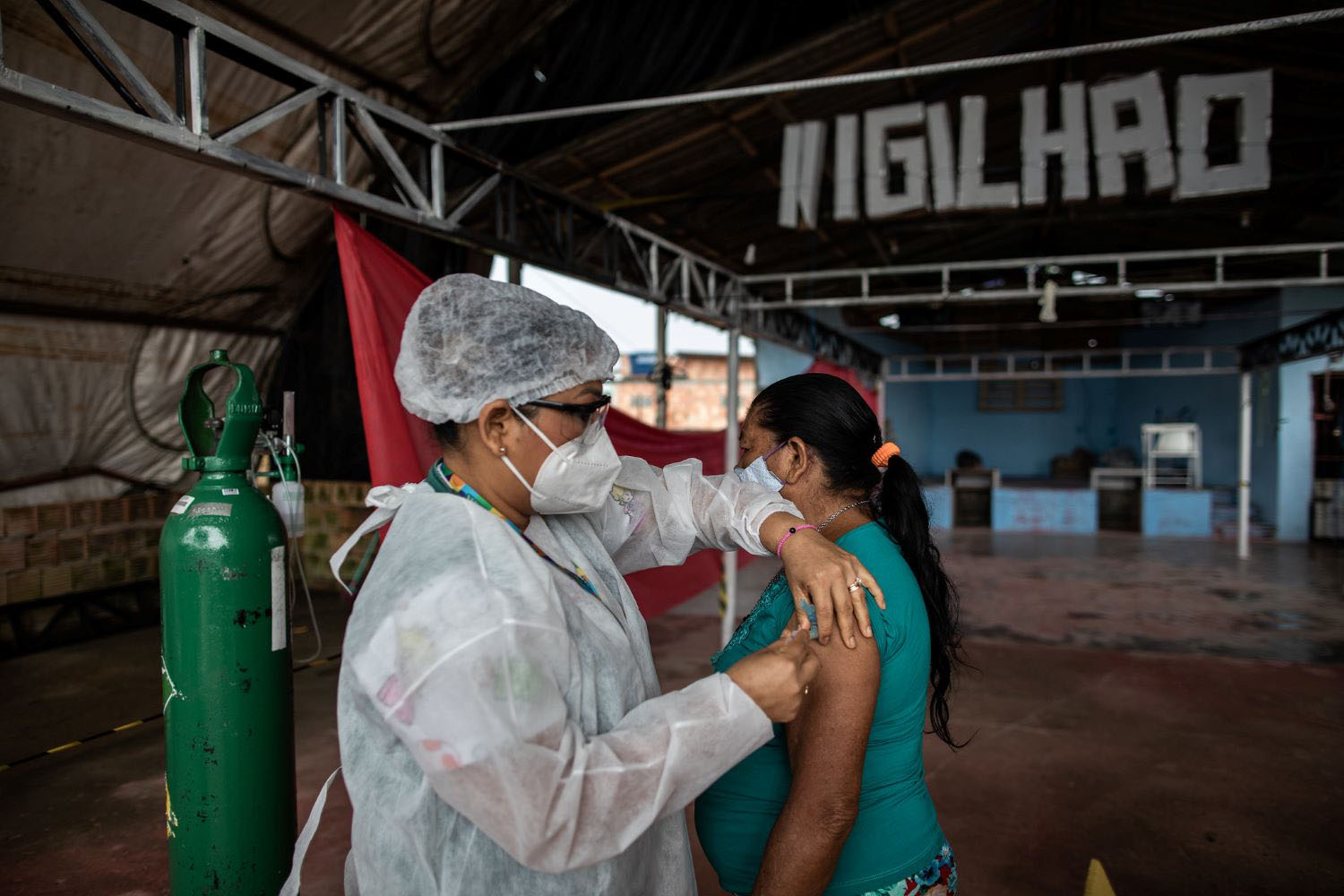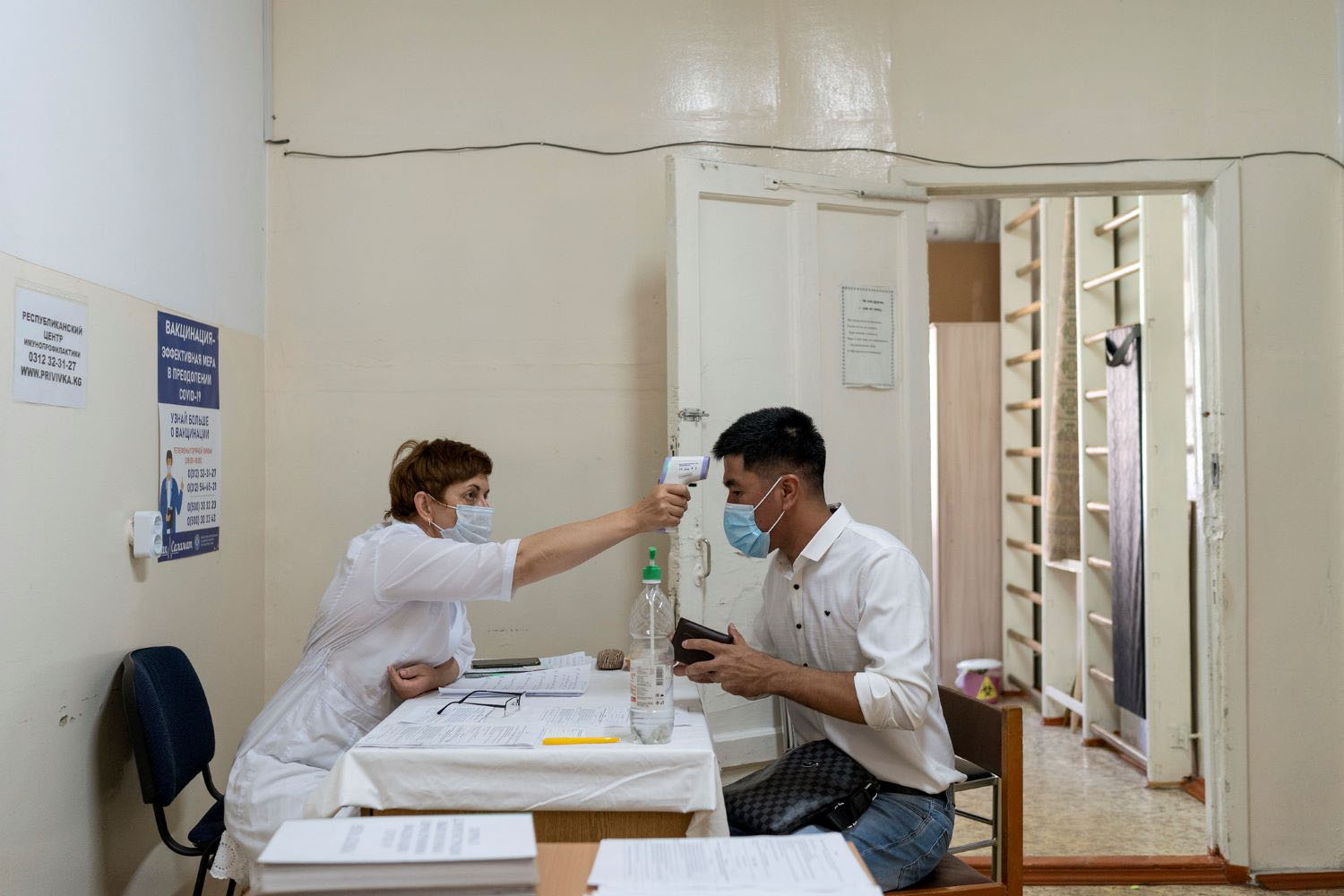Early this month the U.S. Senate passed an amendment to pending legislation that has the potential to strengthen and streamline regulations governing the clinical testing of drugs for neglected diseases in the developing world. The targeted diseases include malaria and TB, which annually kill an estimated 2.5 million people in the developing world, plus scores of diseases you may have never heard of (such as Chagas disease and leishmaniasis), but that nonetheless exact a large and lethal toll, especially on children and poor people in developing countries.Senator Sam Brownback, a Republican from Kansas, introduced the amendment to the Agriculture, Rural Development, Food and Drug Administration, and Related Agencies Appropriations Act of 2010. As Senator Brownback explained:
What we have put forward in this amendment is a review process to try to establish a new system for neglected and rare diseases so that drug delivery can proceed, and it can proceed on an expedited basis and reduce the cost of doing it, so we can start to develop drug treatments for rare diseases and neglected diseases that happen in poorer parts of the world where the economy does not support that level of research.In a nutshell, the amendment would require the FDA to issue regulatory guidance and develop internal review standards for products for use in the prevention, diagnosis, and treatment of rare diseases and neglected diseases of the developing world. While that sounds pretty technical—and the steps to achieve this are still more complex—the amendment has the potential to do a world of good. The global development and health community should applaud this effort and work for its inclusion in the final version of the Act. (The bill heads to the House in September.)In an essay last year, Healthy Foreign Policy: Bringing Coherence to the Global Health Agenda and the associated White House and the World Policy Brief, my colleague Ruth Levine observed that lack of infrastructure and needless bottlenecks in clinical trial procedures may keep life-saving treatments for neglected diseases out of reach of the millions of people who need them desperately. The Brownback Amendment could help address this problem. But to be effective, the FDA mandate to review current practices and suggest improvements should include three additional stipulations:
- Coordinate with other U.S. actors: The FDA review group should coordinate its efforts with the National Institutes of Health, the Centers for Disease Control, the Department of Defense, USAID, and other U.S. government agencies that are heavily involved in the conduct of clinical trials for products for neglected diseases in the developing world. The review group should also include representatives from the public-private product development partnerships and companies that are developing, testing, and registering products for neglected diseases in the developing world. Progress on bridging the structural preclinical, clinical, and regulatory gaps that thwart efforts to prevent, diagnose, and treat these diseases can only occur with coordinated scientific and regulatory leadership and the cooperation of all relevant U.S. government agencies and others that are investing in drugs and other health technology for the poor. For the same reason, the membership of the review group should draw from all relevant FDA offices in addition to officials from the FDA Commissioner and International Programs offices.
- Don’t Forget International and Developing Country Regulatory Processes: The FDA review group should also work with the World Health Organization (WHO) and developing country regulatory authorities to explore ways to streamline the process between FDA and in-country product registration. Getting regulatory approval from the FDA is not the last regulatory hurdle in the process. Products for neglected diseases often must also clear the WHO pre-qualification program and/or developing country regulatory processes before they can be delivered to the patients who need them. Establishing a streamlined FDA regulatory pathway for products intended for use on neglected diseases in the developing world is necessary; it will not, however, be sufficient if failure to coordinate FDA efforts with the WHO or in-country regulators adds months or years of delay before products may be delivered to patients.
- Use new and existing incentives to help bridge financing gaps. Finally, the FDA review group should consider use of existing and new regulatory incentives to fund clinical trials and clinical trial capacity for products for neglected diseases in the developing world. More than 300 products for neglected disease are under development around the world. Even with expected attrition in that product pipeline, current levels of governmental, intergovernmental, and philanthropic funding are insufficient to support clinical development of these products. New sources of financing are needed. We might be able to help with this: I am working with others at CGD to design an innovative regulatory mechanism to help finance and reduce the costs of clinical trials for products for neglected diseases in the developing world.
Disclaimer
CGD blog posts reflect the views of the authors, drawing on prior research and experience in their areas of expertise. CGD is a nonpartisan, independent organization and does not take institutional positions.





